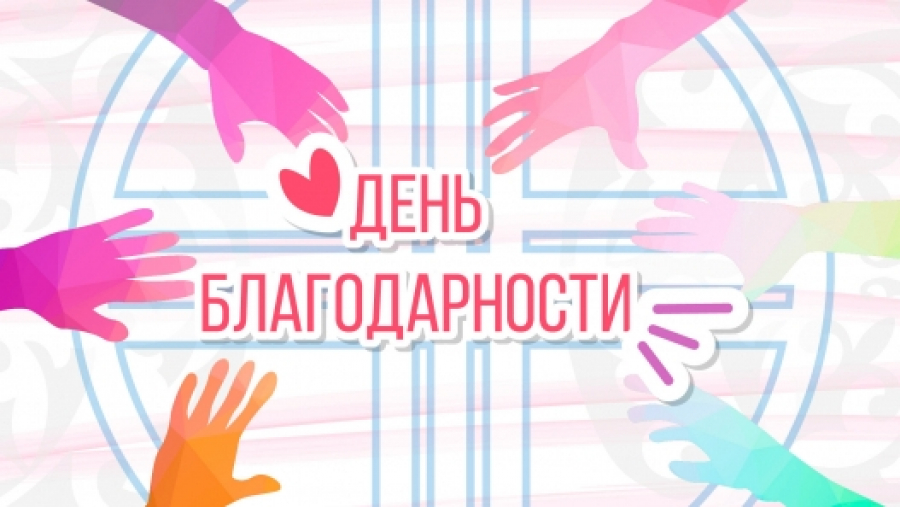
The House of Friendship in the Kazakh capital welcomes residents with Kazakh beshbarmak, Bashkir honey and Russian crepes. Representatives of different nationalities joined to create a festive atmosphere. Guests are offered various delicious dishes.
“This is our national Bashkir dish. We treat our guests to this dish as a sign of respect. This dish is called kystybai. It is prepared with potatoes or porridge,” shared a representative of Bashkir Ethnocultural Centre, Rezeda Kamalova.
On this day, people were offered various national dishes. In the very center there is a huge bowl with bauyrsaks. Everything is prepared for the guests of the holiday.
The House of Friendship presents a large exhibition. 22 ethno-cultural centers demonstrated the works of applied art. There are handmade dolls as well as folk costumes. Everyone here could find a thing to his liking. Moreover, visitors had a chance to learn how to make things themselves. Representatives of ethno-cultural centers held master classes for the guests. There was a special demand for things that can usually be bought only abroad.
“Today we present such goods as toys, red key chains, which cost 500 tenge. There are chu nain bi - such small fragrant bags that the royal people used to carry with them, so that they smelled pleasantly,” noted Ulpan Izakova, a representative of Korean Ethnocultural Centre.
An interesting fact is that absolutely all the money raised from the exhibition will go to charity. All day long, representatives of the centers sell their crafts to help those who are in need.
“Today, one of the main activities of Kazakhstan’s Ethnic Assembly is charity, where we help families in need, families with many children and, as a whole, those who contributed to the development of our capital. We express our gratitude,” said Sherzod Pulatov, Chairperson of the Uzbek Ethnocultural Centre.
Kazakh residents mark the Day of Gratitude with a “thank you.” On this day, representatives of different ethnic groups express gratitude to Kazakh people for hospitality, friendship and support during the difficult years of deportation.
“My passport says I’m Belarusian, but I consider myself a Kazakhstani, because I was born here in the fourth generation. This holiday is of great importance for the entire people of Kazakhstan, because we must remember and preserve our history. We know that during the Stolypin reforms, entire ethnic groups were deported to the territory of Kazakhstan. They were abandoned in the steppe, and the people of Kazakhstan extended a helping hand. Therefore, we must remember the warmth and the friendship, the care that Kazakhstan provided for the ethnic groups that were resettled,” added Sergei Tsyrulnikov, a representative of Belarusian Ethnocultural Centre.
This year, on the Day of Gratitude, representatives of Kazakhstan’s Ethnic Assembly organized a variety of events, including meetings, flash mobs, challenges and much more. March 1 is celebrated as the Day of Gratitude in the country for the sixth year.









